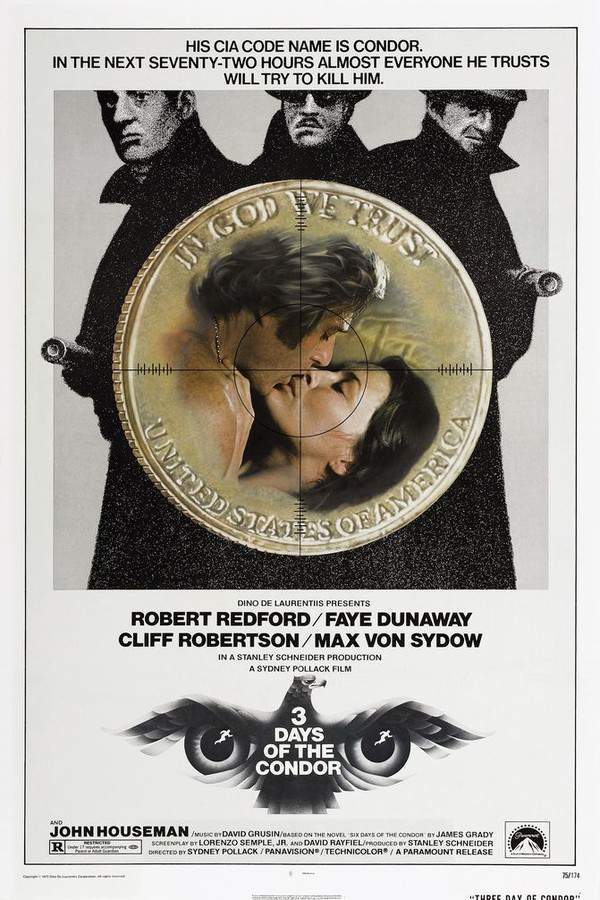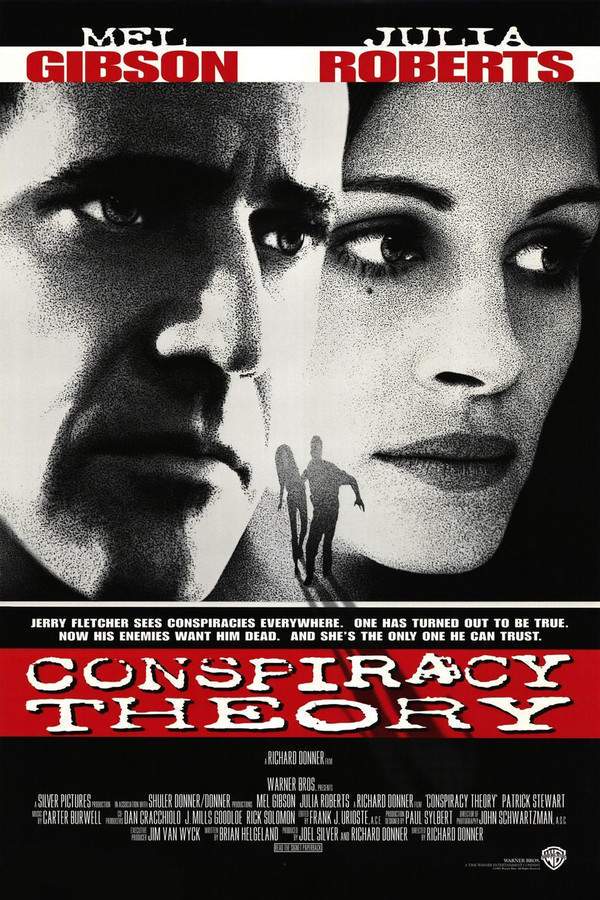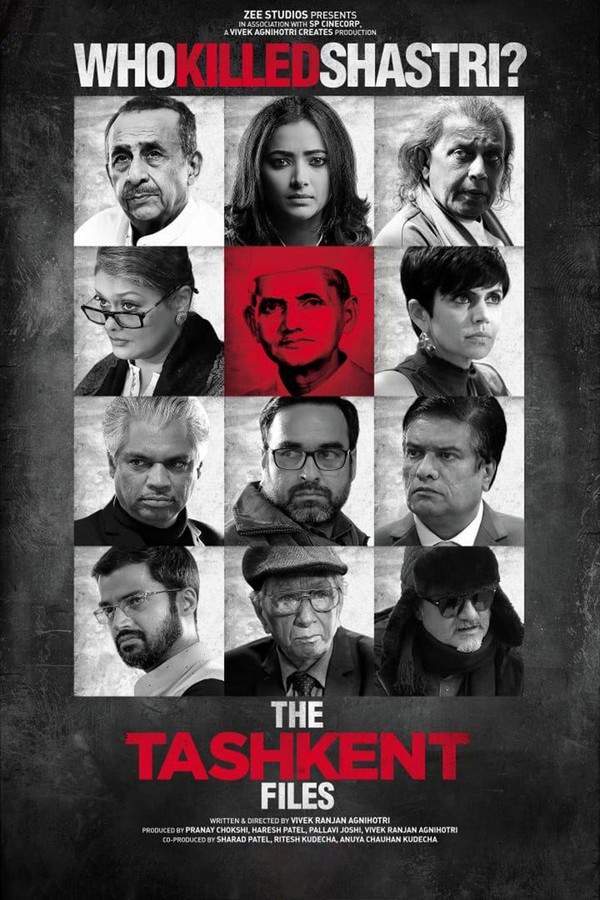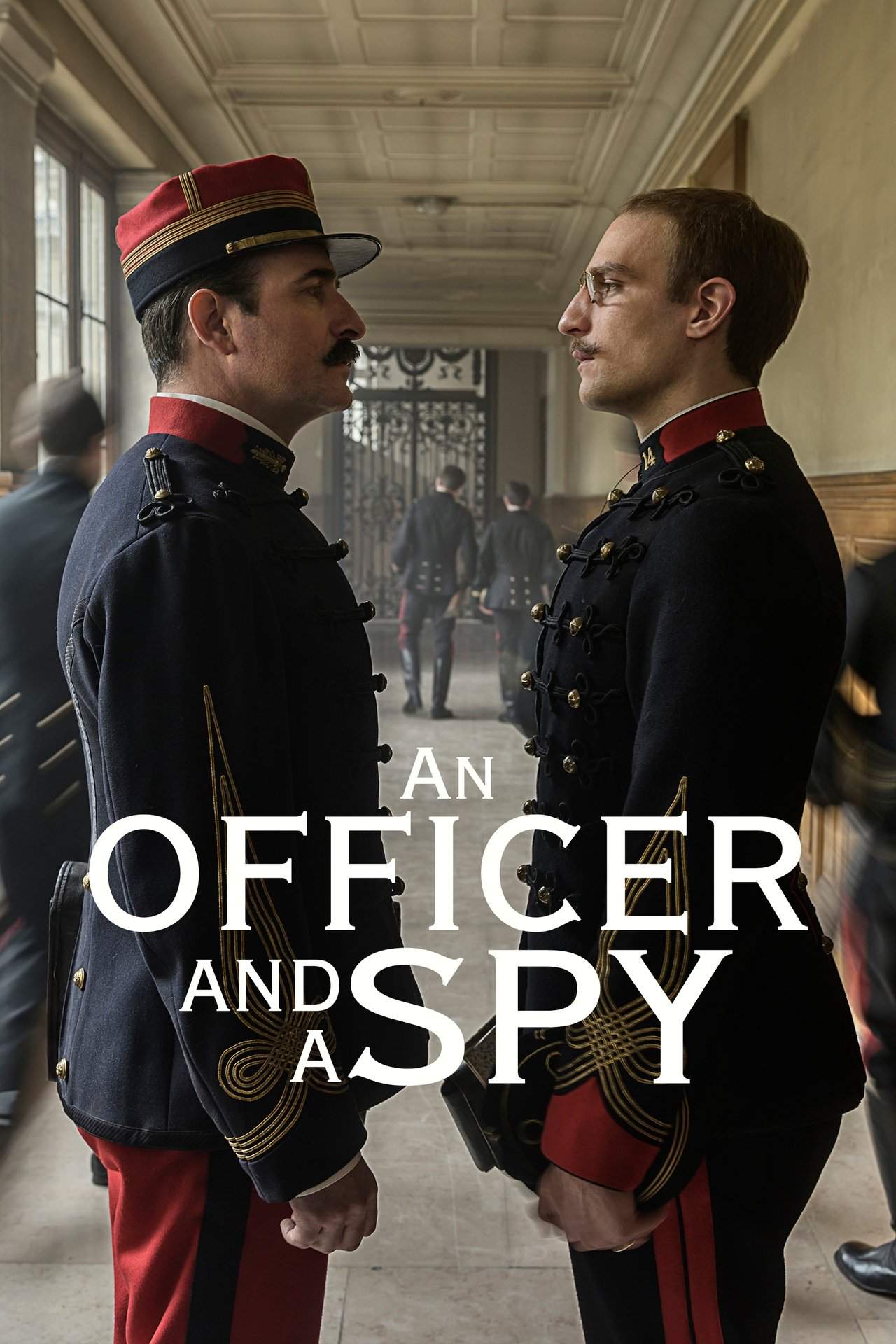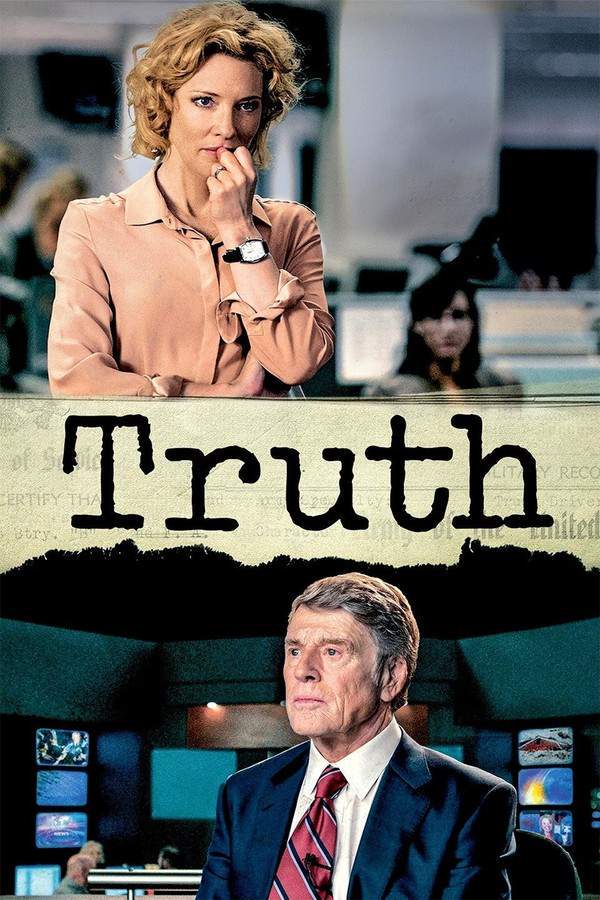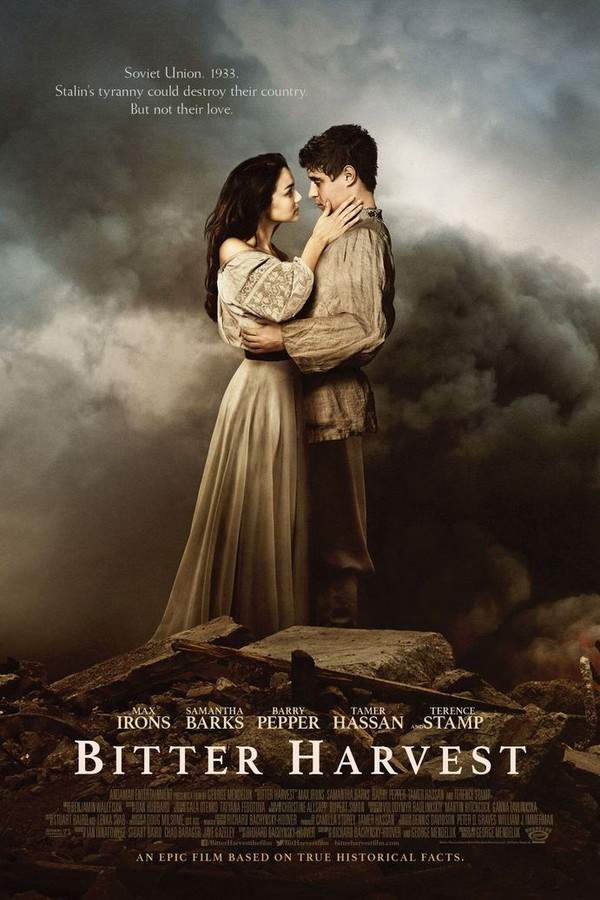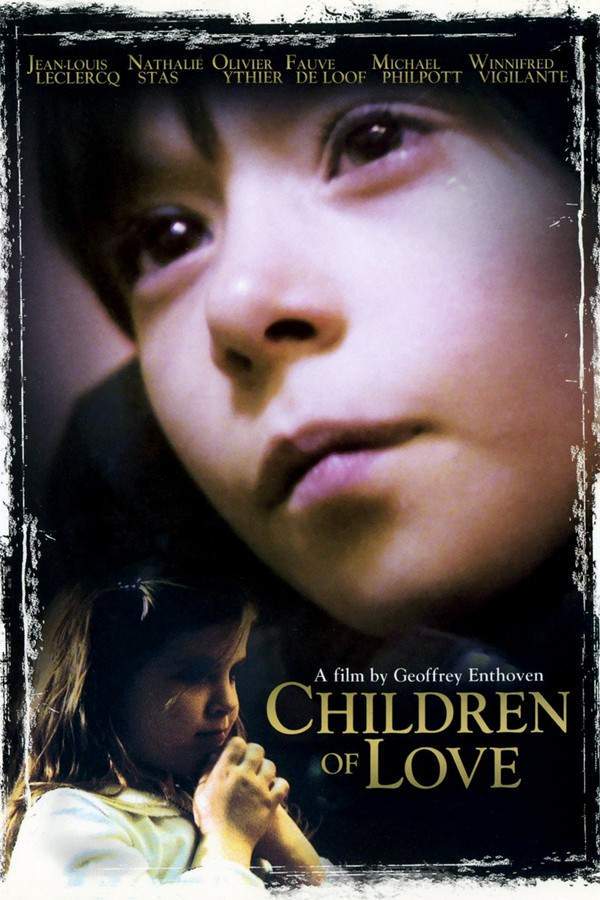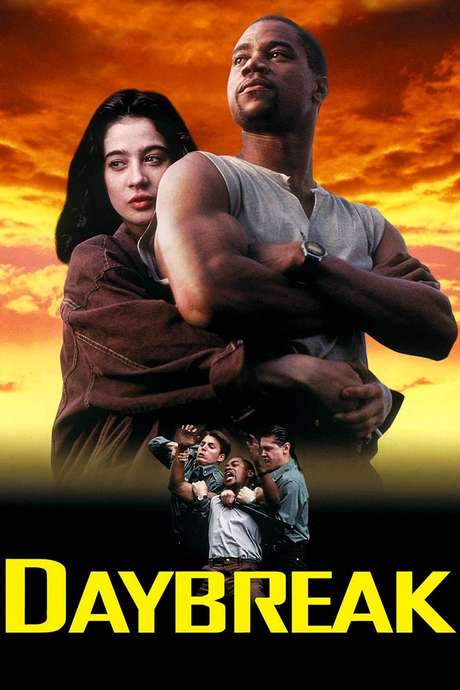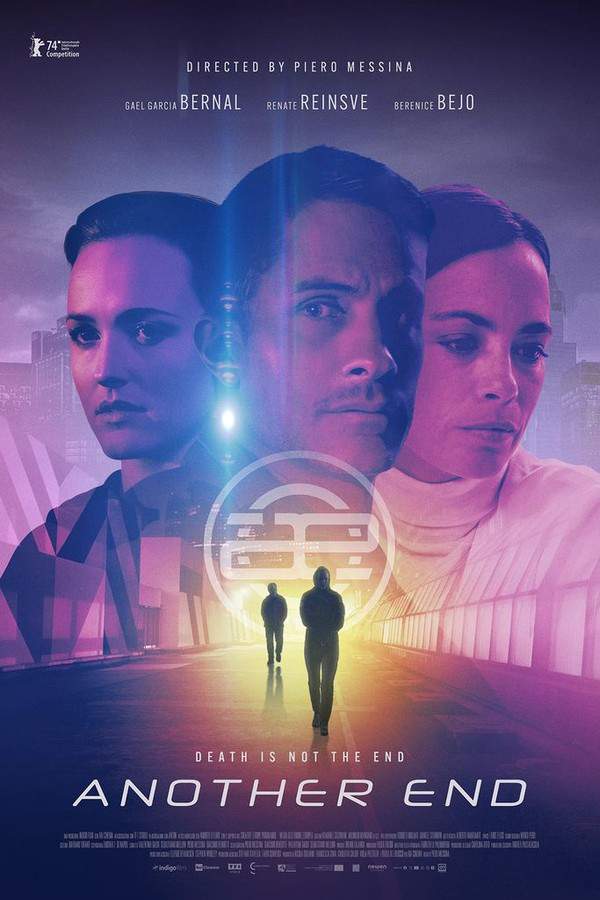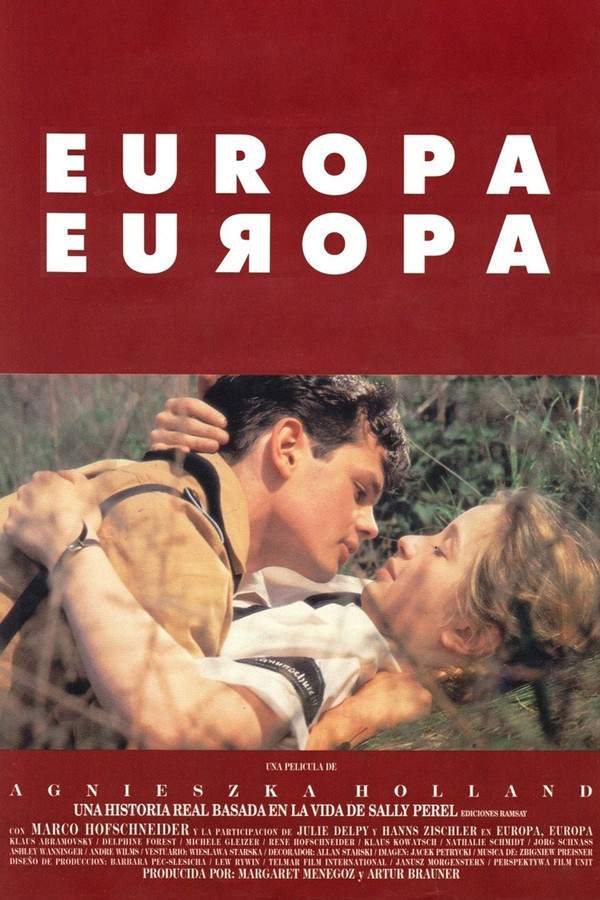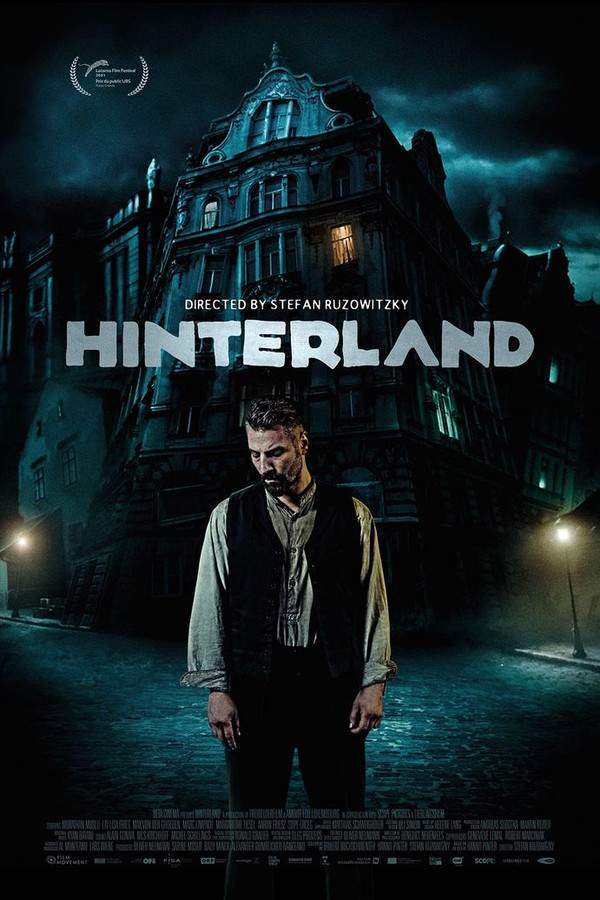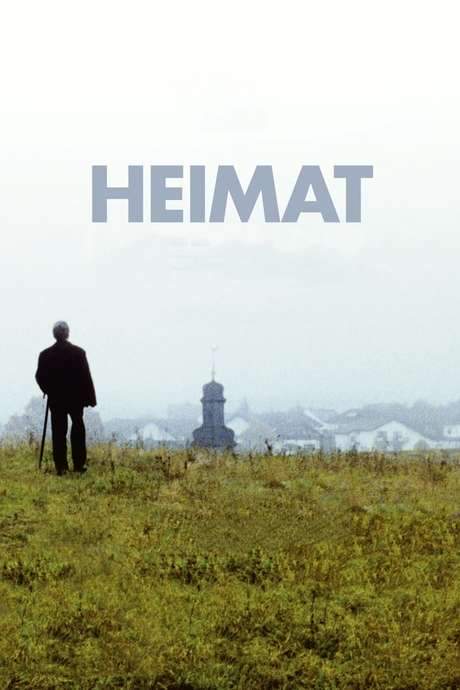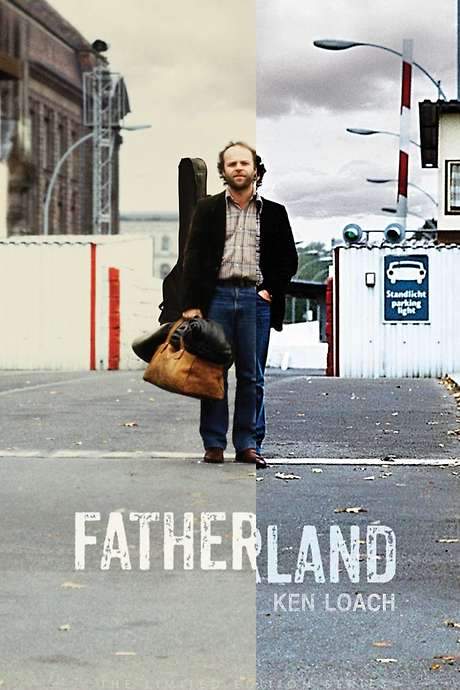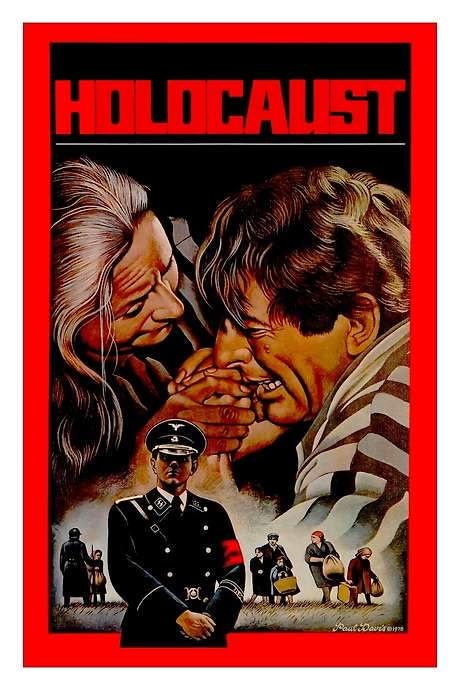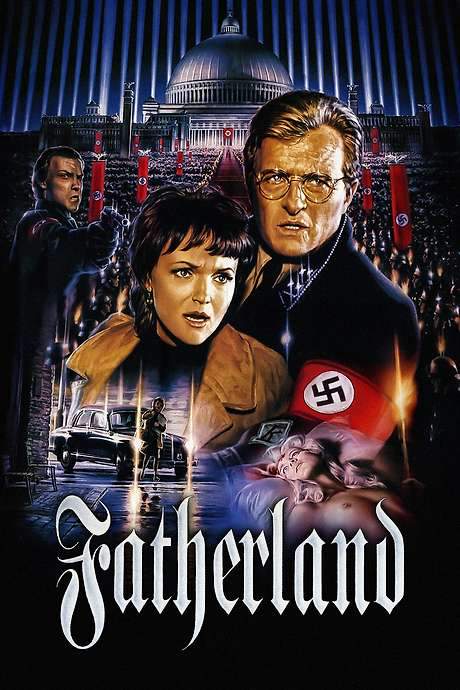
Fatherland
Year: 1994
Runtime: 106 mins
Language: English
Director: Christopher Menaul
A speculative thriller set in the 1960s imagines a world where Hitler won World II and Germany’s war crimes stay hidden. When Hitler seeks a peace summit with the U.S. president, an American journalist and a German homicide detective become tangled in a covert plot to erase every record of the genocide and protect the regime’s dark legacy.
Warning: spoilers below!
Haven’t seen Fatherland yet? This summary contains major spoilers. Bookmark the page, watch the movie, and come back for the full breakdown. If you're ready, scroll on and relive the story!
Fatherland (1994) – Full Plot Summary & Ending Explained
Read the complete plot breakdown of Fatherland (1994), including all key story events, major twists, and the ending explained in detail. Discover what really happened—and what it all means.
In an alternate timeline, history takes a sharp turn from the very start. The Normandy invasion fails, and the United States withdraws from the European theater of World War II, leaving General Dwight D. Eisenhower to retire in disgrace. The U.S. concentrates its might in the Pacific, where General Douglas MacArthur leads the effort against Japan, reportedly using atomic bombs to seal victory. Back in Europe, Nazi Germany achieves a successful invasion of the United Kingdom, forcing King George VI and his family to flee to Canada while continuing to rule the empire from exile. In a further twist, Edward VIII returns to the throne in 1947, with Wallis Simpson as queen, and Winston Churchill likewise goes into exile in Canada, living there until his death in 1953. Germany consolidates control over most of Europe, save for neutral Switzerland and the Vatican, creating a state system known publicly as Germania, and the SS is reorganized into an elite peacetime police force.
Against this backdrop of a reimagined world, the long-simmering war with the Soviet Union persists, with Joseph Stalin aged well into the 1960s still guiding a vast anti-fascist front. In the United States, the 1960 presidential election brings Joseph Kennedy to power, a leader whose openly anti-Semitic stance shapes a controversial détente with the Nazi regime and its allies in Latin America. As 1964 approaches, Kennedy travels to a summit in a Germany that now openly welcomes a media presence from the Americas, even as borders are opened in unsettling ways.
The core mystery begins when a body is discovered on a lake near Berlin by an SS cadet in training. The case lands in the hands of Xavier March, a Berlin police detective and high-ranking SS officer, who begins to question the official explanation. The corpse is identified as Josef Bühler, a retired Nazi official who once managed the “resettlement” program for Jews in Eastern Europe, and the Gestapo takes over the investigation in the name of “state security.” As the inquiries unfold, March finds himself pressed to stay within his allotted boundaries, while his superior, Arthur Nebe, warns him against pushing too far.
Meanwhile, a visiting American journalist, Charlie Maguire, receives an enigmatic envelope containing a photograph of a group of high-ranking Nazi officials gathered outside a villa. A note on the photo leads her into a dangerous chase that also draws March into the mystery. The clues point toward the Wannsee Conference, where the high-ranking men who attended the gathering emerge as suspects, all dead under suspicious circumstances except for one survivor: Franz Luther, the elderly man who first handed the photograph to Maguire.
As March and Maguire dig deeper, Luther contacts Maguire from a train and asks for safe passage to the United States in exchange for the truth he bears about “the biggest secret of the war.” Luther’s request sets off a perilous sequence of escapes and interrogations, with Luther murdered by Gestapo agents before he can be fully heard, and March risking everything to protect Maguire. March’s resourcefulness leads him to obtain Luther’s papers and to uncover a chilling revelation: the Jews were not merely resettled but exterminated, a plan that was enacted on a massive scale and concealed for decades.
This discovery shatters March’s worldview. He becomes determined to escape Germany with his young son, Pili, and to reveal the truth beyond the regime’s reach. The mission is complicated by internal betrayals: Pili is coaxed to betray his father, and a trap is laid by Globus to take March down. In a tense confrontation, March shoots a Gestapo agent and is mortally wounded, managing to reach a phone booth and call Pili for a final, desperate goodbye before he dies.
As Kennedy arrives at Berlin’s Great Hall for a scheduled address, Maguire seizes a moment to pass the incriminating documents to a trusted journalist, allowing a pivotal disclosure to reach the U.S. ambassador and, ultimately, Kennedy. The plan alters the course of history: Kennedy cancels the anticipated meeting with Hitler and returns to the United States with the truth in hand.
In the epilogue, the narrator reveals himself as a grown Pili, reflecting on the consequences of exposing the genocide. The exposure derails any possibility of a strategic alliance between the Nazi leadership and the United States. The Nazi regime bears the strain of ongoing resistance and economic exhaustion, leading to revolutions across Europe and the eventual collapse of the Reich.
- As the mystery unfolds, the consequences of truth, loyalty, and the costs of alliance echo through every choice, painting a world where history could have gone another direction, but the terrible clarity of the past cannot be hidden forever.
Last Updated: October 09, 2025 at 10:48
Explore Movie Threads
Discover curated groups of movies connected by mood, themes, and story style. Browse collections built around emotion, atmosphere, and narrative focus to easily find films that match what you feel like watching right now.
Historical Conspiracy Thrillers like Fatherland
Uncovering dangerous secrets hidden by powerful, authoritarian regimes.If you liked the tense investigation and dystopian setting of Fatherland, explore more movies like it. This section features grim political thrillers where characters uncover dangerous truths in historical or alternate-history worlds defined by oppressive regimes and moral decay.
Narrative Summary
This narrative pattern follows a determined protagonist—often an investigator or journalist—as they methodically uncover a horrific truth that a powerful government is desperate to keep buried. The structure is typically a slow-reveal investigation, building tension and paranoia as the protagonist gets closer to a truth that could destroy them.
Why These Movies?
These movies are grouped by their shared creation of an oppressive, high-stakes atmosphere, where the central conflict is an individual versus a sprawling state conspiracy. They combine the intellectual engagement of a mystery with the visceral dread of living under constant surveillance and threat.
Dystopian Movies with Bittersweet Endings like Fatherland
Tragedies where a small victory for truth comes at a devastating personal cost.For viewers who appreciated the heavy emotional weight and bittersweet conclusion of Fatherland. These movies feature similar narrative arcs where a character's sacrifice in a dark world leads to a significant, though costly, victory for truth and resistance against oppression.
Narrative Summary
The emotional journey in these stories is defined by heavy moral choices and ultimate sacrifice. The protagonist achieves their goal—often exposing a hidden evil or preventing a greater catastrophe—but pays for it with their life or everything they hold dear. The ending feels somber yet meaningful, validating the struggle without softening its cost.
Why These Movies?
This thread connects movies through their shared emotional trajectory and thematic focus on the cost of truth. They deliver a powerful, thought-provoking experience by balancing the devastation of personal loss with the significance of a larger, hopeful impact on a broken world.
Unlock the Full Story of Fatherland
Don't stop at just watching — explore Fatherland in full detail. From the complete plot summary and scene-by-scene timeline to character breakdowns, thematic analysis, and a deep dive into the ending — every page helps you truly understand what Fatherland is all about. Plus, discover what's next after the movie.
Fatherland Timeline
Track the full timeline of Fatherland with every major event arranged chronologically. Perfect for decoding non-linear storytelling, flashbacks, or parallel narratives with a clear scene-by-scene breakdown.

Characters, Settings & Themes in Fatherland
Discover the characters, locations, and core themes that shape Fatherland. Get insights into symbolic elements, setting significance, and deeper narrative meaning — ideal for thematic analysis and movie breakdowns.

Fatherland Spoiler-Free Summary
Get a quick, spoiler-free overview of Fatherland that covers the main plot points and key details without revealing any major twists or spoilers. Perfect for those who want to know what to expect before diving in.

More About Fatherland
Visit What's After the Movie to explore more about Fatherland: box office results, cast and crew info, production details, post-credit scenes, and external links — all in one place for movie fans and researchers.

Similar Movies to Fatherland
Discover movies like Fatherland that share similar genres, themes, and storytelling elements. Whether you’re drawn to the atmosphere, character arcs, or plot structure, these curated recommendations will help you explore more films you’ll love.
Explore More About Movie Fatherland
Fatherland (1994) Scene-by-Scene Movie Timeline
Fatherland (1994) Movie Characters, Themes & Settings
Fatherland (1994) Spoiler-Free Summary & Key Flow
Movies Like Fatherland – Similar Titles You’ll Enjoy
Europa Europa (1991) Detailed Story Recap
Hinterland (2022) Plot Summary & Ending Explained
Close to the Enemy (1000) Ending Explained & Film Insights
My Father (2003) Spoiler-Packed Plot Recap
Heimat (1000) Story Summary & Characters
Fatherland (1986) Ending Explained & Film Insights
Holocaust 2000 (1977) Complete Plot Breakdown
The Damned (1969) Plot Summary & Ending Explained
Dear Fatherland Be at Peace (1976) Ending Explained & Film Insights
Holocaust (1000) Complete Plot Breakdown
Hitler: Beast of Berlin (1939) Movie Recap & Themes
Hitler’s Children (1943) Film Overview & Timeline
Mother Night (1996) Story Summary & Characters
Hitler’s Madman (1943) Story Summary & Characters
I Deal In Danger (1966) Film Overview & Timeline

